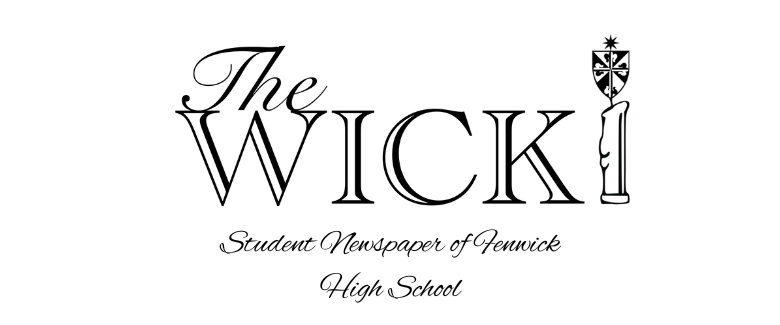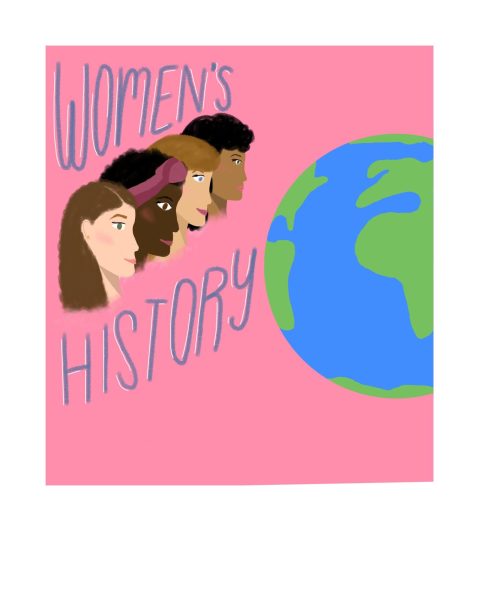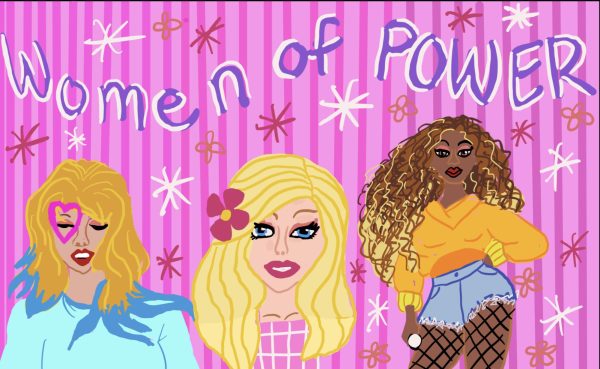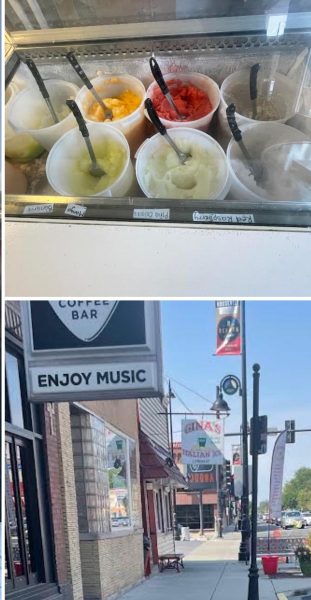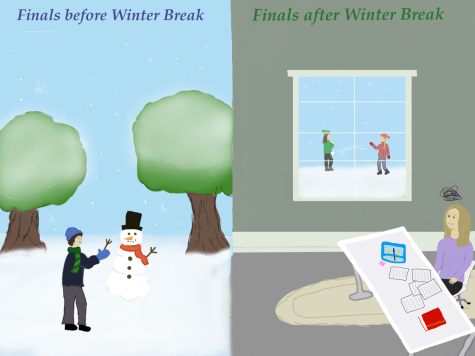#StopSucking: The Cause of 2018
It’s unlikely you made it through this summer without experiencing an effect of the #StopSucking campaign. Perhaps you saw a post about it on Instagram or were refused a straw at a restaurant. This is a result of environmental groups like Lonely Whale, who have been advocating for a strawless future. Always looking for a cause to champion, the well-meaning public has reached a general consensus: plastic straws are bad.
The movement against plastic straws aims to eliminate single-use plastics that pollute the oceans and kill fish and birds. The tag that became synonymous with the movement, #StopSucking, reached the peak of its popularity late this summer as companies such as Starbucks took measures to remove plastic straws from their stores. The tag encouraged consumers to boycott plastic straws in an attempt to reduce the 500 million straws Americans use each day. Other companies, like Hilton and American Airlines, have followed in the footsteps of Starbucks and the movement has even gained celebrity supporters including Tom Brady and Neil Degrasse Tyson.
States and localities have joined in on the movement as well. As of September 20th, California has enacted a new law preventing restaurants from automatically giving straws to their customers. In addition, cities such as Seattle, Portland, New York, and San Francisco are taking action to limit usage.
Though the Stop Sucking Campaign may seem like excellent progress in the quest to cleanse the oceans, moderate public awareness is just the tip of the iceberg as far as environmental issues go. Plastic straws make up only about .03% of all plastic in the oceans. In fact, the vast majority of debris comes from old fishing gear that kills and mutilates the animals unfortunate enough to encounter it. Additionally, despite the positive support given to Starbucks for their progressive approach, the company replaced their straws with another single-use plastic lid, which has not been proven to be more ecologically safe than straws.
These facts call into question the effectiveness of the movement and therefore are often glazed over by its well-meaning supporters. Although any awareness and action against pollution is helpful, there are many more effective ways to help the environment than to #stopsucking. For example, taking public transportation or a bike to work or school would do far more than not taking a straw the next time you eat out. So, although the #StopSucking campaign is an important start to raising awareness for and taking action against environmental issues, its immediate effects on the environment will be limited.

